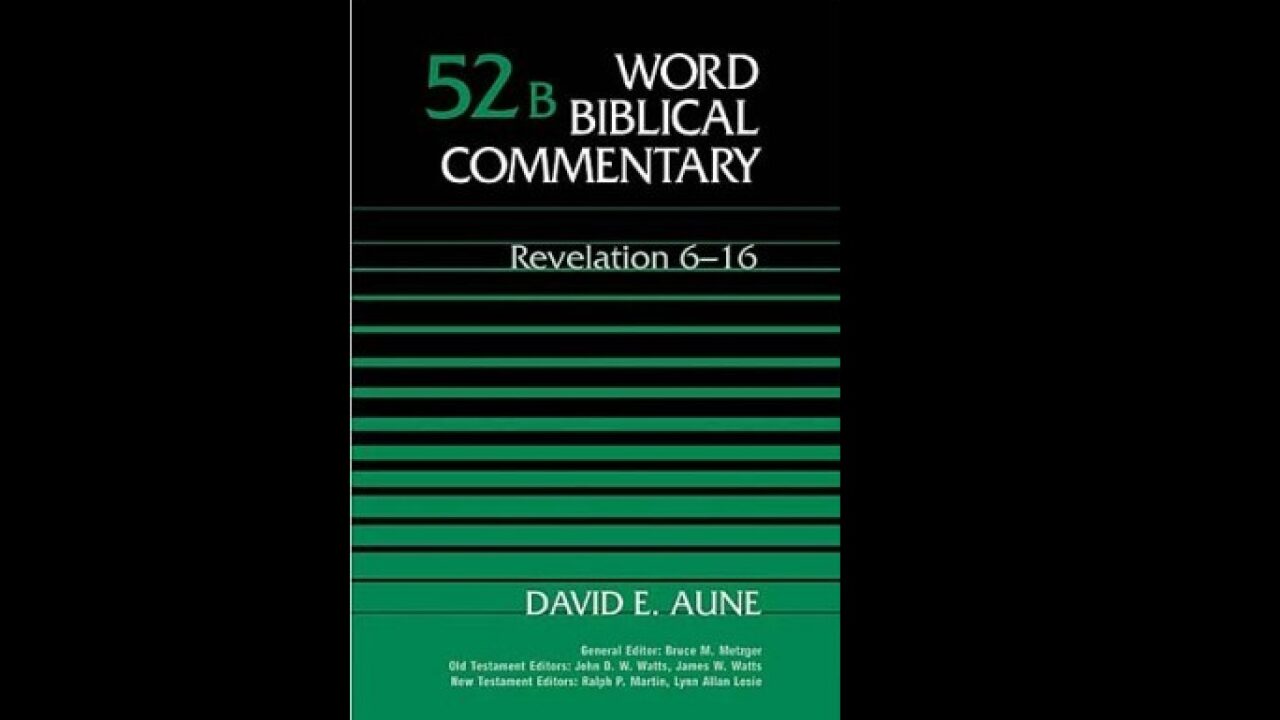Word Biblical Commentary, Revelation 6-16
The literal interpretation reflects the notion of the remnant, which can be construed as either a Jewish remnant or Jews who become Christians and thereby become separated from their fellow Jews (Rom 11:7). The 144,000 are also mentioned in 14:1-5, and since the number does not occur elsewhere in early Jewish or early Christian literature, it is widely assumed that in both places the number refers to the same group.
“After this I looked, and behold, a huge crowd which no one could even begin to number.”
This represents an intentional contrast with 7:4, where the author hears that the number of those sealed from the tribes of the sons of Israel is 144,000. In seeking to equate the 144,000 of 7:4-8 with the innumerable host of 7:9-l7, some have argued unpersuasively that 144,000 would have appeared innumerable had the seer not been told their number (Giesen, 193). However, 7:4-8 is not a vision but an audition; that is, the seer does not claim to see those who were sealed but simply reports that he heard their number.
The emphasis on the innumerable multitude intentionally sets up a contrast with the specific number 144,000 mentioned above in v 4, suggesting that the two groups are not identical, though the larger group in v 10 probably contains the smaller group enumerated in vv 4-8.
This innumerable multitude suggests the fulfillment of the promise to Abraham, which had two distinct traditional aspects:
(1) The promise of innumerable descendants, “as the dust of the earth,” “as the stars of the sky,” or “as the sand of the sea” (Gen 13:16; 15:5; 16:10 [“I will so greatly multiply your descendants that they cannot be numbered for multitude”]; 22:17-18), a promise repeated to Isaac (Gen 26:4) and to Jacob (Gen 28:14; 32:12). This promise or its fulfillment is frequently repeated in later contexts (Exod 32:13; Deut 1:10; 10:22; 28:62; 2 Sam 17:11; 1Kgs3:8; 4:20; Neh 9:23; Isa 10:22; 48:19; 51:2; Hos l:lO[MT 2:1]; Sir 44:2l;Jub. 13:20; 18:15; 25:16; 27:23; Ladder of Jacob 1:10; Pr Azar 1:13; T. Abr. [Rec. A] 1:5; Gk. Apoc. Ezra 3:10; 1Q20= lQGenesis Apocryphon 21:13; Rom 9:27 [quoting Isa 10:22]; Heb 11:12).
(2) The promise that Abraham would be the father of many nations (Gen 17:4-6, 16), a promise repeated to Isaac and to Jacob (Gen 28:14; 32:12; 35:11; 48:19) and found occasionally in later contexts (Sir 44: 19), and one that is particularly emphasized in Christian authors (Rom 4: 16-18;Justin Dial. 11.5; 119.4; Tertullian Demonogamia6; Adv. Marcionem4.34; 5.3[2x]).




